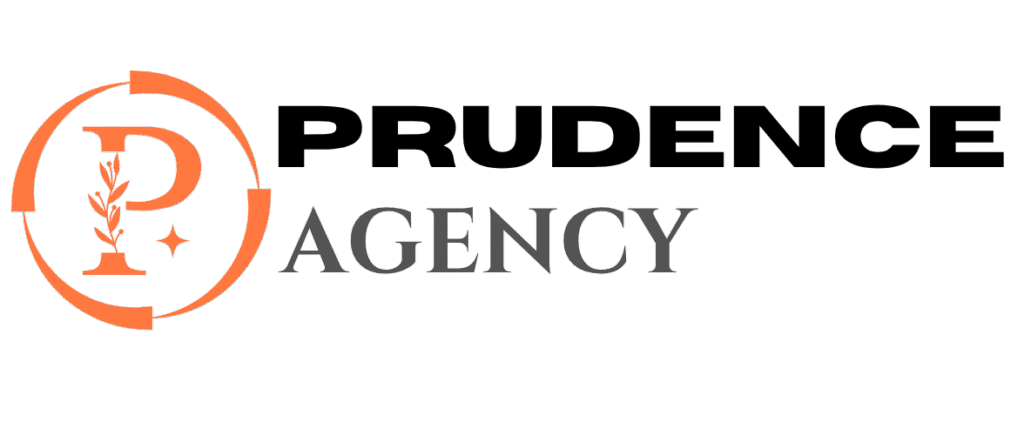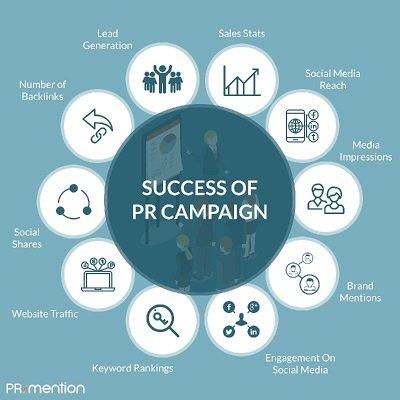How to Measure Campaign Success: Key Metrics & Proven Strategies
Launching a marketing campaign can feel like setting a ship sail on vast oceans-you hope to reach your destination successfully, but how do you know if your journey is on course? Measuring campaign success is essential to understand what works, optimize your efforts, and justify your marketing investments. Whether you’re running a digital ad campaign, email marketing, or social media blitz, tracking the right metrics and analyzing campaign performance is the key to consistently achieving your business goals.
Why Measuring Campaign Success Matters
Measuring the success of your campaigns allows you to:
- Optimize Marketing ROI: Understand where to allocate your budget for maximum returns.
- Identify Strengths & Weaknesses: Pinpoint which tactics are effective and which require improvement.
- Make Data-Driven Decisions: Replace assumptions with actionable insights based on real-time data.
- Align with Business Objectives: Ensure your campaigns directly contribute to key goals like sales, leads, or brand awareness.
Key Metrics to Measure Campaign Success
Depending on your campaign type and objectives, different metrics will provide insight into your success. Here’s a breakdown of essential KPIs (Key Performance Indicators) marketers should track:
1. Return on Investment (ROI)
Why it matters: ROI reflects the overall profitability of your campaign, showing the return generated for every dollar spent.
How to calculate ROI:
ROI = (Revenue from Campaign - Campaign Cost) / Campaign Cost x 100%2. Conversion Rate
The percentage of visitors who complete a desired action (e.g., purchase, sign-up).
- Formula: (Conversions / Total Visitors) x 100%
- Benefits: Measures how effective your campaign is at driving action.
3. Click-Through Rate (CTR)
CTR measures how many people clicked on your ad or email link:
- Formula: (Clicks / Impressions) x 100%
- Importance: Indicates how compelling your CTA and content are.
4. Cost Per Acquisition (CPA)
CPA reveals the cost to acquire one customer or lead, critical for budget efficiency.
5. Engagement Metrics
This includes likes, shares, comments, and overall interaction – key for brand awareness campaigns.
6. Customer Lifetime Value (CLV)
Long-term measure showing the total value a customer brings over their entire relationship with your brand.
Practical Tips for Accurately Measuring Campaign Success
To ensure you’re measuring campaign success effectively and accurately, follow these actionable tips:
- Set Clear, Measurable Goals: Before launching, define what success looks like (e.g., increase sales by 10%, get 1,000 leads).
- Use the Right Tools: Implement analytics platforms like Google Analytics, Facebook Ads Manager, or marketing automation tools for detailed insights.
- Track Campaign Tags and URLs: Use UTM parameters to track traffic sources and behavior.
- Monitor KPIs Continuously: Regularly check your metrics to identify trends and adjust campaigns accordingly.
- Analyze Post-Campaign Data: Conduct thorough performance reviews to extract insights for future campaigns.
- Segment Your Audience: Measure success across different demographics and channels for tailored optimization.
Sample Campaign Success Metric Table
| Metric | Description | Ideal Benchmark |
|---|---|---|
| ROI | Return generated as a percentage of campaign spend | > 50% |
| Conversion Rate | % of visitors completing a goal | 2% – 5% |
| Click-Through Rate (CTR) | % of users clicking your ad or link | 1% – 3% |
| Cost Per Acquisition (CPA) | Average cost to gain one customer | Varies by industry |
| Engagement Rate | Interactions on social media posts | > 5% |
Case Study: Measuring Success for a Digital Ad Campaign
Consider a hypothetical e-commerce brand launching a Facebook ad campaign to drive sales for a seasonal product. Their goals:
- Generate at least $10,000 in revenue.
- Achieve a conversion rate above 3%.
- Keep CPA under $15.
Results:
- Revenue Generated: $12,000
- Conversion Rate: 3.5%
- CPA: $12
- Overall ROI: 60%
“Thanks to tracking CTR and CPA daily, we were able to pause underperforming ads, boost budgets for top performers, and ultimately exceed our revenue targets.” – Marketing Manager
Benefits of Proper Campaign Measurement
Effective measurement empowers marketers and businesses alike:
- Improved Campaign Performance: Data insights help fine-tune messaging, targeting, and creative assets.
- Budget Optimization: Focus spend on channels and strategies delivering highest ROI.
- Better Team Alignment: Clear metrics unify teams under common goals.
- Competitive Advantage: Brands that master analytics move faster and adapt quickly.
Conclusion: Mastering How to Measure Campaign Success
Knowing how to measure campaign success is not just about gathering data-it’s about interpreting that data to make smarter decisions and drive your business forward. By tracking the right key performance indicators like ROI, conversion rates, and engagement metrics, and utilizing smart tools and techniques, you can unlock incredible insights to optimize every campaign you run.
Start by setting clear, measurable goals, implement thorough tracking, and analyze your campaigns comprehensively to ensure continuous improvement. Marketing success isn’t accidental-it’s intentional and measurable.
Ready to take your campaign tracking to the next level? Dive deeper into analytics, experiment with testing, and watch your marketing ROI soar!











